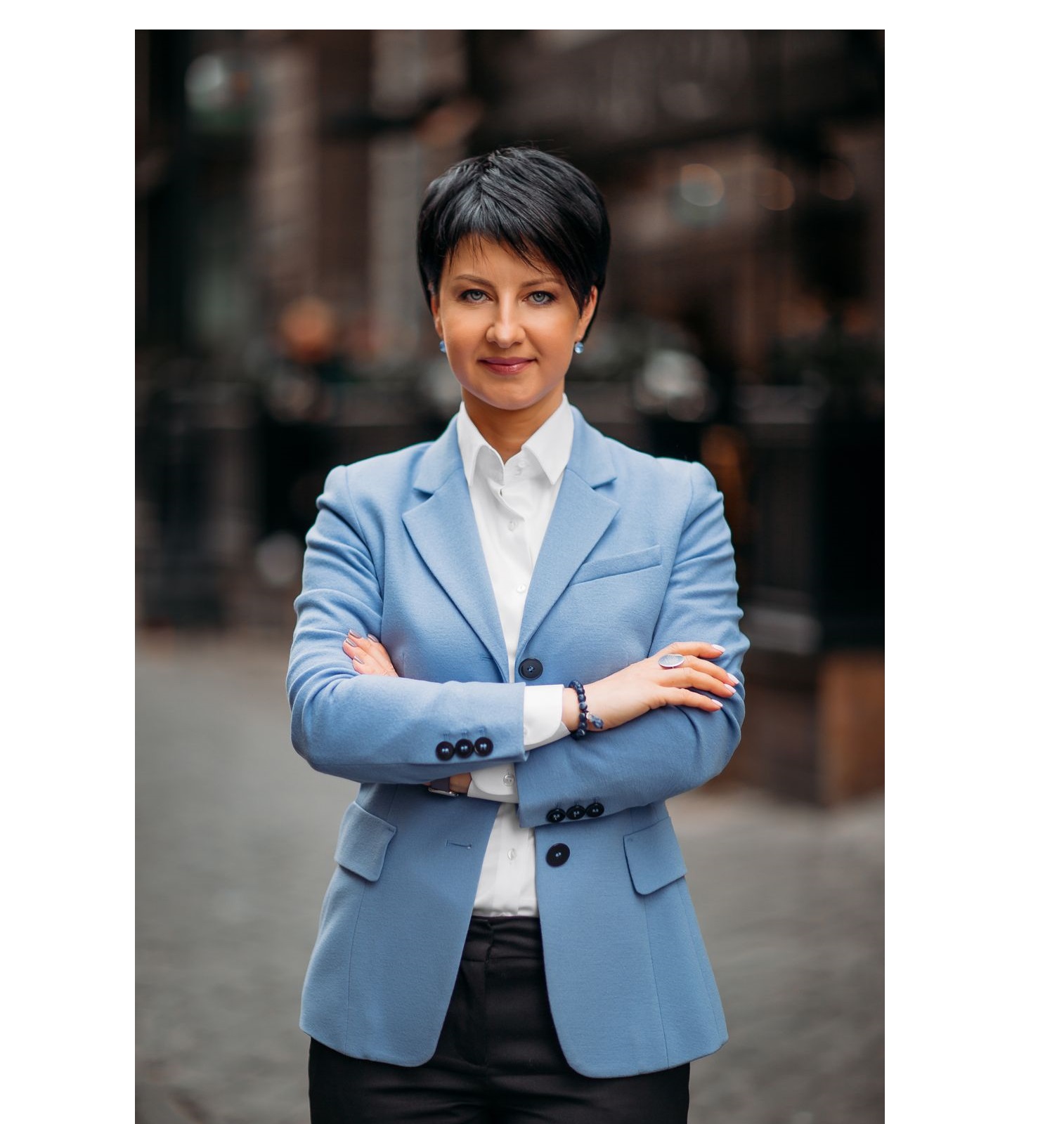BAKU, Azerbaijan, June 30. Visa continues to
support the development of payment technologies based on artificial
intelligence in Azerbaijan, Kristina Dorosh, Senior Vice President
and Regional Manager of Visa for Ukraine, Georgia, CIS countries,
and Southeast Europe, said in an exclusive interview with
Dorosh noted that the company’s main goal in all countries where
it operates, including Azerbaijan, is the development of the
digital economy.
“Visa has been present in Azerbaijan for 28 years. Throughout
this period, we have worked very actively with banks, fintech
companies, major merchants and service providers, and the Central
Bank of Azerbaijan to continuously develop digital payments and
launch innovative technologies in the market.
Our main goal is to jointly promote the growth of Azerbaijan’s
cashless economy. This is important because research shows that as
the cashless economy grows, the country’s gross domestic product
increases. The transition of funds from cash to non-cash forms
leads to higher tax revenues. This, in turn, enables greater
allocations for social needs and so on.
We are contributing to the development of the cashless economy
in Azerbaijan by introducing new technologies and innovative
solutions. Visa was the first company in the country to implement
tokenization technology back in 2019. This technology replaces
sensitive card data with a unique 16-digit code called a token to
ensure security during transactions. By introducing tokenization in
Azerbaijan, Visa built the foundation that allowed Apple and Google
to launch their digital wallets. Thanks to this, today in
Azerbaijan, people can carry out transactions using tokenization,
which has helped reduce the level of fraud,” she explained.
Dorosh pointed out that tokenization will now become the next
stage for Visa in developing a new level of payment technologies
emerging with the advent of artificial intelligence.
“Today, we are working to integrate tokenization with artificial
intelligence technologies and add a payment element. This will be
the next stage in innovation development, which we will be happy to
introduce to the Azerbaijani market in the future,” Dorosh
She emphasized that over the past five years, the pace of
development in payment technologies has accelerated, and the market
has changed more in these five years than in the previous
“This is happening thanks to new technologies such as blockchain
and artificial intelligence. Visa is actively developing and using
blockchain technology to create solutions that make the payment
experience fast, convenient, and transparent. For example, our B2B
Connect solution allows legal entities, bank clients, to make
cross-border payments within 24 hours. At the same time, the client
has complete clarity on where their funds are at any given moment
and when their business partner will receive the payment, enabling
them to plan their business operations with maximum precision.
Azerbaijan became the first country among 86 countries in the
Central and Eastern Europe, Middle East, and Africa region to
implement the Visa B2B Connect solution in 2021. Currently, nine
banks are connected to it, which is one of the highest figures. We
will continue to use blockchain technologies to develop digital
payments,” the regional manager said.
Kristina Dorosh noted that Visa is currently actively discussing
the use of stablecoins, which are digital currencies pegged to a
hard asset, such as the US dollar.
“We are now developing the ability to use stablecoins for
international settlements, introducing stablecoin-linked cards,
settlements, and programmable money,” she said.
The regional manager also emphasized that supporting small and
medium-sized enterprises (SMEs) is one of Visa’s main
priorities.
“We have already done a lot together with our partners and banks
to enable SMEs to use digital payments. In our view, the potential
for using digital payments in these segments is still
underestimated.
Small or micro businesses often continue to rely on cash or
standard bank transfers, where funds take a considerable time to
arrive. Therefore, we are now implementing solutions that allow us
to accelerate and digitize these payments. For example, in
Kazakhstan, we have already introduced a solution called Request to
Pay, based on Visa Direct technology. With this solution, by
knowing only your buyer’s phone number, you can send a payment
request for your product directly through your banking app. The
buyer receives this request in their app and can accept or decline
it. Thanks to Visa Direct, the payment will be instantly credited
to your business card, which you can open at the bank as an
individual entrepreneur. We plan to continue developing such
solutions, including bringing them to Azerbaijan,” she said.
Kristina Dorosh emphasized that Visa is actively implementing
and applying all the latest technological advancements to enhance
the security of its payments.
“We have been using artificial intelligence technologies for 30
years already. Back then, these were machine learning technologies
that we used to build risk management and fraud prevention systems.
With the advent of generative artificial intelligence, we now have
even more opportunities to develop models that can analyze, in real
time, the vast data chains we possess, identify potential signs of
fraud within this data, and help banks effectively combat cyber
threats and block suspicious transactions,” Dorosh said.
She noted that Visa has invested $12 billion over the past five
years in developing fraud prevention and risk management tools, and
thanks to these tools, fraudulent transactions totaling more than
$40 billion have been prevented.
